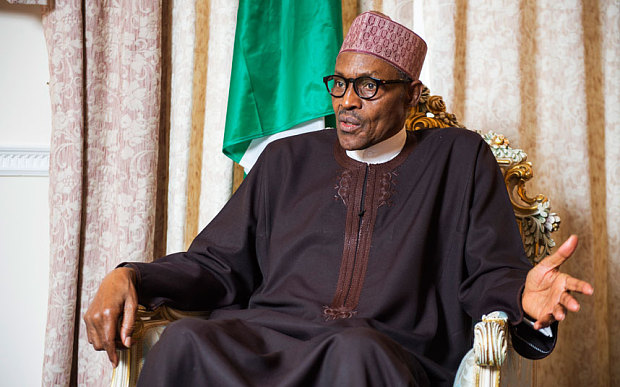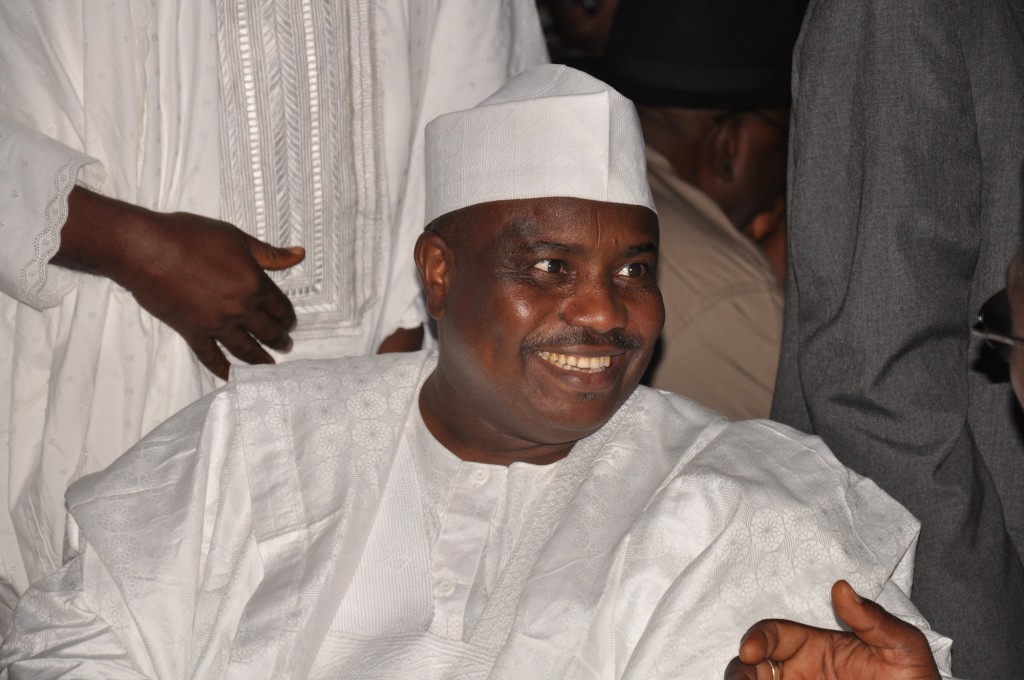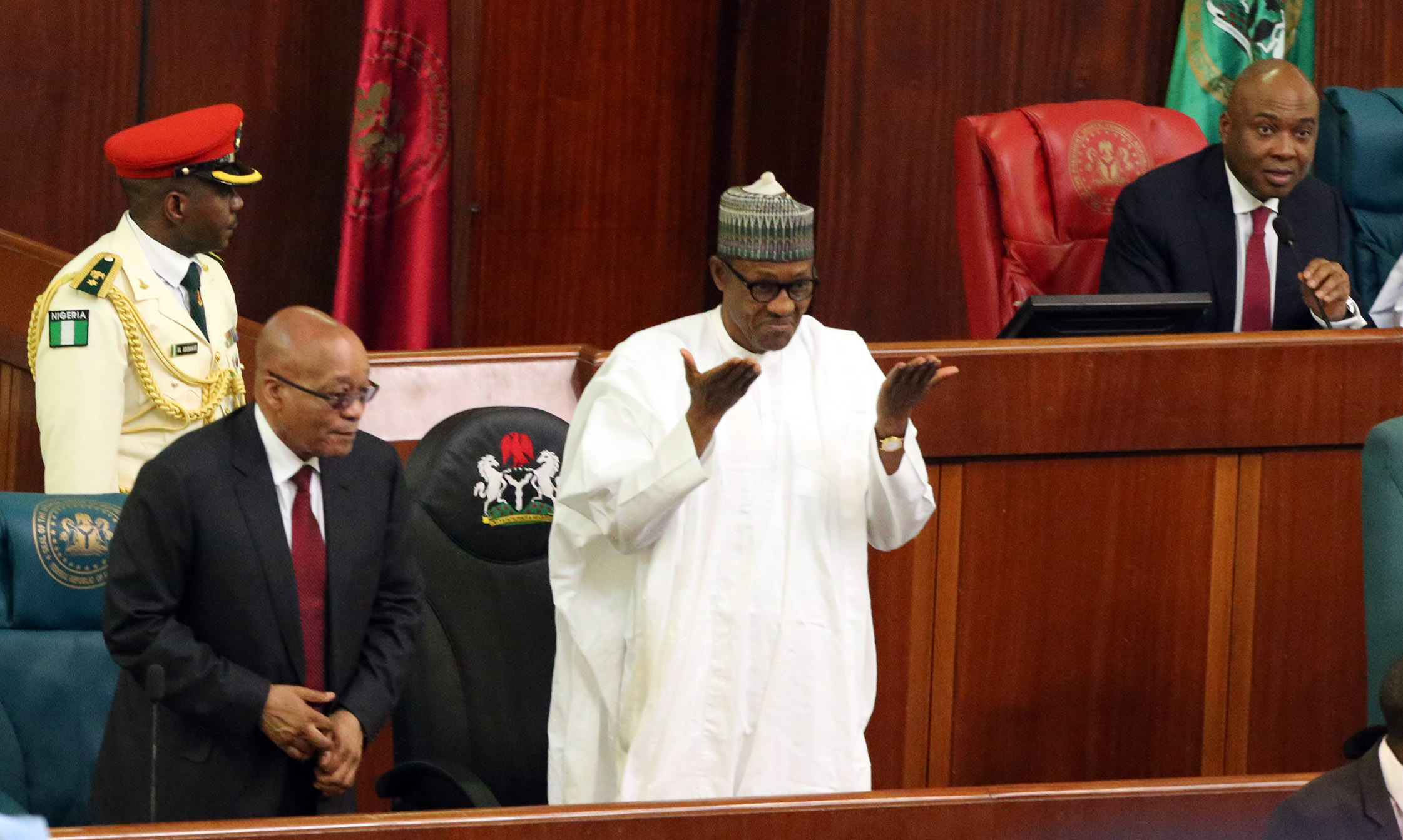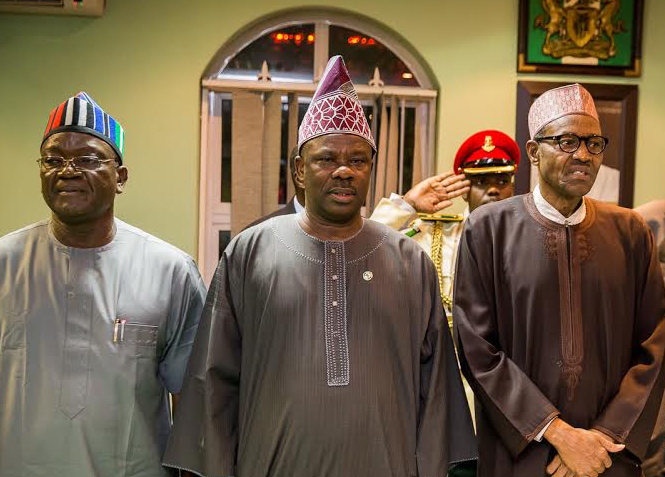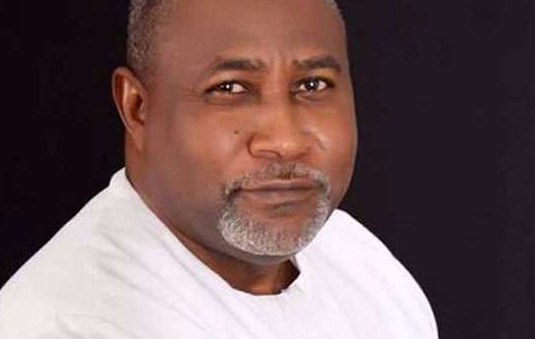President Muhammadu Buhari is deficient in so many things but I do not imagine compassion for the people of Nigeria is one of those. Just think about it, the major reason why PMB went against every economic and common sense counsel to immediately remove subsidy on petroleum products at his ascendancy was for the effect that it would have on the common man.
He was said to have insisted that it would engender inflation and that Nigerians will suffer from high costs of essentials. Nice, populist argument, if you ask me, even if not a sound economic attitude, especially as the inaction of government is breeding the same inflationary trend that we feared. But I digress.
My point is that the president has, on more than one occasion radiated a disposition to reason on behalf of the people.
Although the main plank of his unyielding stance on capital control is the one-track nature of the Nigerian economy, I have also heard arguments about how devaluing the Naira who ultimately lead to inflation and hurt the common man.
Advertisement
All of these would suggest that the interest of the masses of Nigeria, who defied the elements to cast and monitor their votes about this time, last year, was paramount to the president, except that he has not really, personally communicated any of these. And when he communicates, he leaves impressions totally disparate from his man-of the- people image.
Take Buhari’s reaction to questions on the restriction of access to foreign exchange by parents who have children schooling abroad during his interview on Talk with AlJazeera. The President cut the image of an uncaring leader when he owned up to being wealthy enough to have his children in institutions outside the country but agreed that it was tough luck for Nigerians who would suddenly find themselves unable to cope with the demands of funding the education of their children. Such faux pas are examples of career-defining blunders that leaders make when they do not take communications as seriously as most other elements of their jobs.
And in the case of the Nigerian president, evidence abound that neither him nor the totality of his administration understand the essence of effective communication in the administration of nations.
Advertisement
It starts with the fact that the President has made the most definitive comments about his government, at one time or the other when he is outside the country. For example, while Nigerians worried about the delay in the formation of a cabinet, Buhari ignored them and waited until he was on a trip to the United States of America to hint about his plans. He was also out of the country when he revealed that some alleged looters were already returning monies, to mention just two of such important issues on which a government should have engaged with its people right here at home.
President Buhari does not stop at making policy statements while speaking at international forums; he has also made a habit of talking down on Nigerians, sometimes conceding that his people deserve the discriminatory treatments they get outside the country. On occasions, like his latest interview on Talk with AlJazeera, the president betrayed his disdain for the democratic rights of people to protest when he flatly dismissed the right of the agitators for the new state of Biafra to protest and insisted that he had no reason to dialogue with them no matter what their grouses were.
He is justifiably irate, possibly nauseated by the level of indiscipline in the country, but as the chief marketing officer for the country, he should not say anything other than the positive, which in actual facts abound, about the country. How many other presidents so publicly glorify the negative things about their homeland even though there is no country without the burden of deviants? What the President sees as honesty could actually be red flags to foreigners.
It is in this same government that you will have a cacophony of opinions on one single issue. While the very vocal information minister, Alhaji Lai Mohammed would say one thing about the administration’s pledge to initiate a welfare package of N5, 000 for unemployed graduates, the President would say another thing. When Mr. Mohammed would insist that there was no evidence of padding in the proposed 2016 budget, the president would swear of the inconceivable manipulation inherent in the same budget.
Advertisement
Two weeks after Senior Special Assistant to the President on Media and Publicity, Mallam Garba Shehu said that the country had turned down the membership of the coalition of Muslim countries against terrorism; the president would conclusively say that the country would be joining the coalition, even without any engagement with the Nigerian people. He even described those who protest this association as bigots!
It is a government which would allow issues drags on without attention thereby allowing for speculations and the appropriation of the initiative by forces opposed to the essence of the administration. Take the current state of the economy for instance, the administration has told so much of the problems without explaining to those who elected it, what it is doing to salvage the situation.
It is not a government interested in the first mover advantage in which it could set the agenda and prevent critics and adversaries from setting the narrative in motion and winning the people to their side. Most often, the President’s body language, paraverbal communication and personal space seem to give Nigerians the middle finger. He just does not seem to care what we think!
But when people expect their leaders to step up to issues, they need to act. And that is not just about speed, it is about tempo, a consistent ability to act timeously and effectively. And that is nothing more than the ability to efficiently engage stakeholders promptly and in multiple ways.
Advertisement
Unfortunately, even the president’s spokespersons are as at sea as himself in the business of communication. Like most Nigerian leaders before him, President Buhari equated success in journalism to effective communication. How erroneous and potentially fatal to the reputation of leaders?
This is why Femi Adesina, Special Adviser to the president on Media and Publicity would , earlier this week, accuse Nigerians, the employers of both his principal and himself of desiring magic over change. Wouldn’t taking time to explain the situation and seeking the understanding of Nigerians, as many times as the occasion demands, send totally different sensations?
Advertisement
Fortunately, it is just the dawn of day for this administration. Fortunately, communications is a skill which can be learned. PMB needs to wean himself of the complex that he is able to save Nigeria by himself. The world is definitely not expecting another messiah and countries only succeed with the active collaboration of every sector of that society, most especially the people.
Rather than alienate any segment of the country through name calling and derogatory remarks, the president should be more receptive. In addressing Nigerians, even when he must be firm, Buhari must understand the importance of humility and the need to promptly tell it all to the people, to explain what is being done about situations and let them know when victory is achieved.
Advertisement
And he needs to refrain from those international interviews, I plead. PMB should realise that journalists do their homework before interviewing people and his reiteration of the depth of information the Aljeezera host has on the Nigerian budget over him is no display of forthrightness as he may imagine. And his visible irritation at probing question is no show of strength at all.
Even if he thinks that he needs the whole of his four-year tenure to lay the background for the development of the country, communicating with Nigerians and getting their buy in should be an essential part of the deal.
Advertisement
He should deny himself of the temptation to adopt that personal pronoun “I” and make Nigerians feel more part of the process by employing “we” and “you” in his conversations.
Losing the communication momentum is eroding the reputational capital and the love and trust of the people on which he rode into office. It is a prospect that wisdom should make the president dread like plague.
Twitter@niranadedokun
Views expressed by contributors are strictly personal and not of TheCable.
Add a comment

